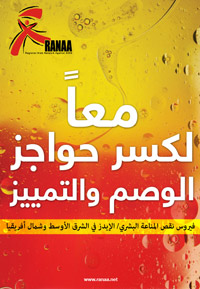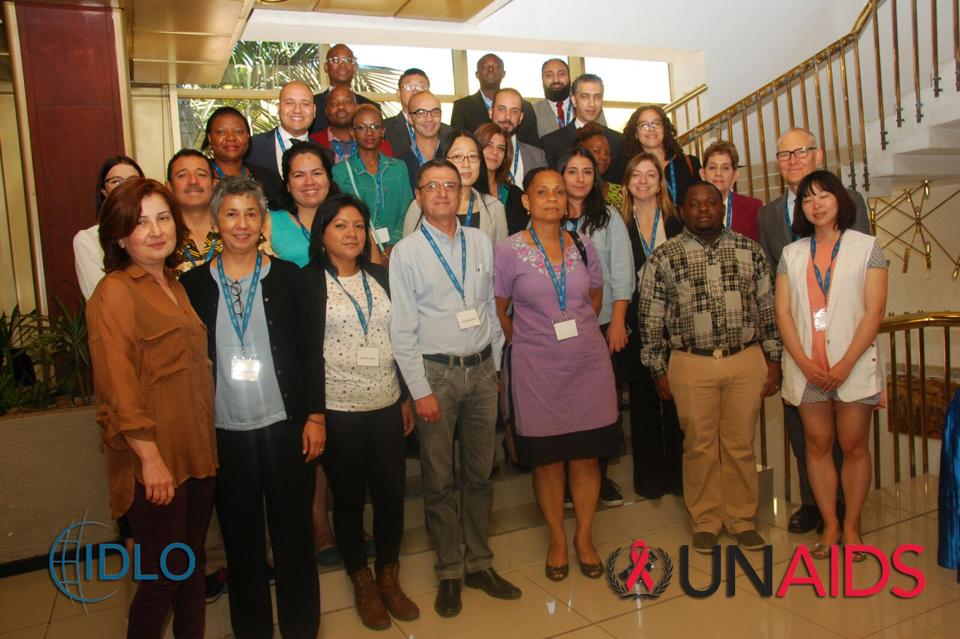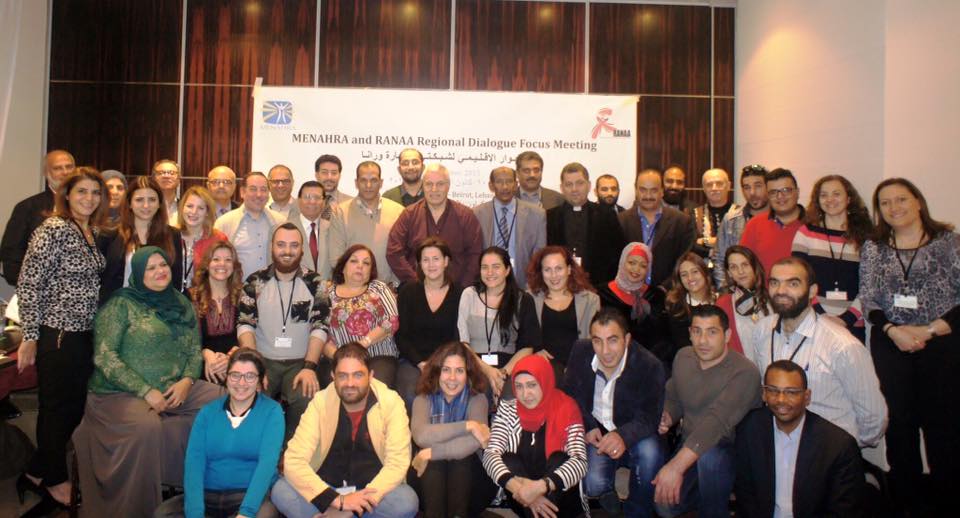Two studies involving women in South Africa, Malawi, Uganda, Rwanda and Zimbabwe are exploring the use of a vaginal ring that delivers antiretroviral drugs, to see if it can prevent transmission of HIV.
The Ring Study is a clinical study by the International Partnership for Microbicides (IPM) and its sister study ASPIRE is being led by Microbicide Trials Network. Both studies began in June 2012 with about 4,580 women aged 18-45 in 22 sites across Africa. The studies are designed to determine whether a vaginal ring that delivers the antiretroviral (ARV) drug dapivirine can help prevent HIV infection in women through vaginal sex and is safe for long-term use.

Dr Zeda Rosenberg, chief executive officer of IPM said the study, which is in its late stages, is going well and results for both studies are expected by early 2016.
Protecting women’s sexual health
According to Dr Zed Rosenberg, the dapivirine ring has great potential as an HIV prevention tool because of its convenience, which makes it easier for women to be consistent in its use to protect their sexual health.
The ring currently undergoing trial is used on a monthly basis, but Dr Rosenberg added: “IPM is dedicated to using innovative technologies in the fight against HIV. We are developing a 90-day dapivirine contraceptive ring, which combines an ARV with a contraceptive hormone to address HIV prevention and reproductive health needs for the women who want to protect themselves from HIV and prevent unwanted pregnancies, and that’s what makes this 90-day ring unique.”
The dapivirine ring, which is made out of flexible silicone material, has undergone several safety studies which show it to be safe and well-tolerated by women in the trial. “Most of the drugs released from the ring stay in the vaginal area and very few go in the blood stream, so the ring is safe from any form of harm,” said Dr Rosenberg.
In Tanzania and South Africa, IPM also conducted a study (2010-2012) to assess the usability, acceptability and safety of these rings (which contained no active drug) among women. Dr Rosenberg described the study as a success where nearly all participants showed interest in using the product if it proves to be effective.
Addressing the unequal power balance
The ring study is expected to end on 1 June. Stella Lifa, one of the study participants from Kachere Township, Malawi, said: “For me, I’ve been comfortable using the ring and I hope that this study will have positive results. This ring will give us women power and freedom to protect ourselves from HIV and it will reduce men’s domination in sexual decision making in as far as protecting ourselves from HIV is concerned.”
In Africa, many women do not have the power to say no to sex or negotiate with partners to use condoms. But they are being infected at higher rates than men, according to the World Health Organization (WHO) women constitute about 60 per cent of people living with HIV in sub-Saharan Africa.
Esther Kaziputa a Blantyre, Malawi, resident and businesswoman said a proper tool for women to protect themselves from HIV during sexual intercourse is what’s been lacking in the fight against HIV so far. “This ring will address unequal power of men and women in terms of HIV prevention. It will save millions of lives of our young women and girls in this the country and around Africa,” she said.
“Female condoms failed because they reduce sexual pleasure but the ring makes the sex more natural and that’s what makes it a great innovation,” she added.
Study results
Dr Rosenberg said the ring will be made available for all study participants for use when the results are out. “We will submit the product to global and regulatory agencies for approval next year when it proves to be effective. Because we can’t just start using it without their approval,” she said.
Should the study show the ring to be safe and effective IPM will collaborate with key partners to ensure it is made available at low cost as soon as possible to women in developing countries.








